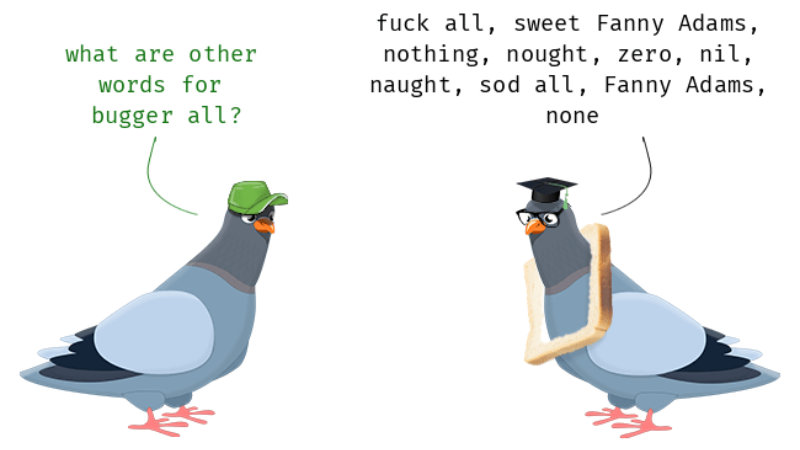Australia’s Super Tax Reform: A Fair Shift or a Media-Driven Panic?
As Labor inches closer to finalizing the so-called “super tax” with the Greens, a thunderstorm of misinformation continues to swirl. Let’s unpack the real story behind the noise, distortion, and elite outrage.
The media frenzy has painted the reform as a doomsday device aimed at Australia’s wealth. But in truth, it’s a modest recalibration of a system that disproportionately benefits a few, while everyday workers barely notice a shift in the dial.
Many Australians have been misled to believe this is a direct attack on prosperity. Panic sells papers, and unfortunately, facts rarely shout as loud as fear.
The Truth Behind the Tax Adjustment
This reform is not about doubling taxes to destroy wealth—it’s about halving an excessive benefit that should never have ballooned in the first place. Most Australians impacted wouldn’t even flinch—if it weren’t for the media machine working overtime for the elite.
We’re talking about the top 80,000 Australians with super balances soaring past $3 million. Their earnings on those funds currently enjoy tax breaks that ordinary workers can only dream of. That’s the real imbalance.
This isn’t about ending capitalism. It’s about leveling the playing field just a little. Even after the change, the wealthy still walk away with better tax treatment than many Australians earning less than $45,000 annually.
The wealthy’s army of financial advisers has used poor policy to amass super funds in the tens of millions. These are not aligned with the actual purpose of superannuation: to provide for retirement, not to stockpile tax-free inheritances.
What the Reform Really Does
Labor’s proposed adjustment lowers the tax break from 30% to 15%—putting it in line with what most Aussies receive. That doesn’t sound like a radical move. In fact, it’s still more generous than many might realize.
Those with under $3 million in super continue with no change: a 15% tax on earnings. But cross that $3 million line, and the portion above it sees 30% tax—not on all income, just the slice above the limit.
According to Garry Weaven, industry veteran, the actual tax impact might still only be 5–7.5%, due to capital gains tax discounts and dividend imputation credits. In the end, wealth still wins.
Let’s do the math. A $3 million fund earning 7.2% nets $216,000 per year. In any other scenario, that would be taxed at a 45% rate. But with this change, it’s still only 30% on the excess. Generous? Absolutely.
Even better for high-net couples: each can have $3 million before being impacted. That’s $6 million between them—still taxed far below standard marginal rates.
A Modest Correction, Not a Wealth Grab
There’s outcry about the threshold not being indexed. But indexing can be introduced later. Right now, this is a modest correction, not a radical overhaul.
Another hot-button issue is taxing unrealised capital gains. Critics argue this breaches a principle of fairness. They have a point. The means to achieve this end could be cleaner. But the goal—equity—is valid.
The reality is, most complaints come from Self-Managed Super Funds (SMSFs). These aren’t under the same scrutiny as APRA-regulated funds. Many SMSFs are non-compliant, investing in illiquid or related-party assets. That’s not retirement planning—it’s estate engineering.
Those crying foul aren’t worried about retirement. They’re worried about legacy. They’re guarding intergenerational wealth and don’t want to lose a taxpayer-funded safety net that’s already far too generous.
Fairness, Not Fear, Should Guide Reform
Australia doesn’t have a wealth tax. Nor an inheritance tax. But even a hint of tightening superannuation perks causes a panic. The truth? The wealthy don’t need tax subsidies to get richer. They’ll do it anyway.
And for those claiming trickle-down economics justifies tax shelters: that theory is dead. It doesn’t work. It never worked. But it’s been a great cover story for hoarding more wealth at the top.
So let’s call this what it is: a small shift in fairness, not a seismic tax revolution. The wealthy are still ahead. They always will be. But maybe, just maybe, they’ll have to do it without as much help from the public purse.






